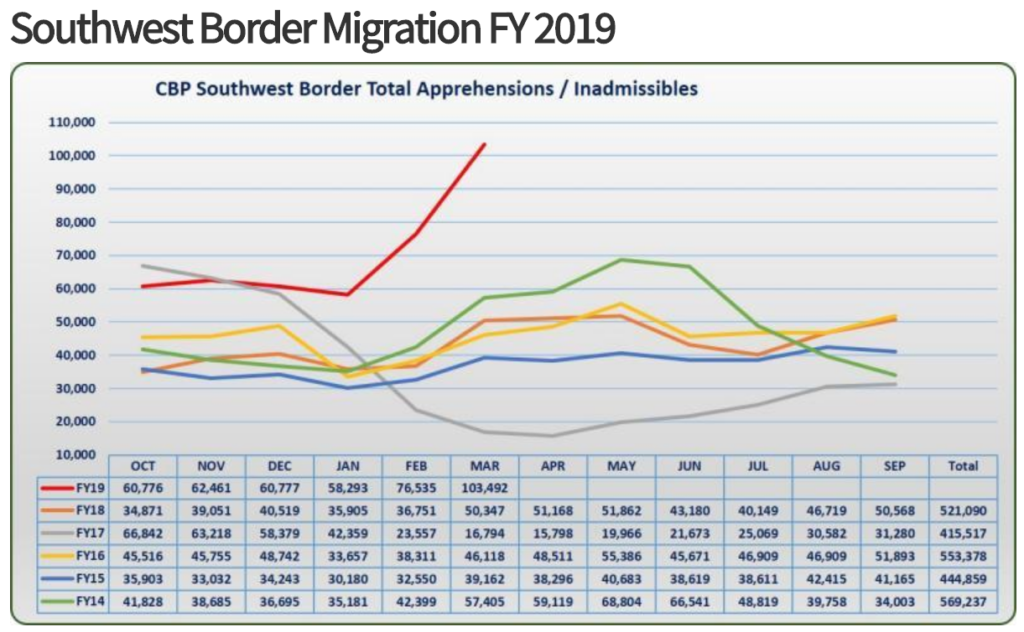Three questions
I haven’t studied philosophy, but from the outside it mostly seems to revolve around three basic issues:
Reality (ontology)
Values (ethics and aesthetics)
Knowledge (epistemology)
Here are three basic questions, one from each field:
A. Why is there something rather than nothing?
B. Is it better that there is something rather than nothing?
C. Can we answer questions #1 and #2? If so, how?
I don’t think we can answer any of these questions with any degree of confidence, which is why it’s so hard to make progress in philosophy. If we had answers to these three basic questions it would provide a framework for answering many smaller questions. Perhaps everything else would sort of fall into place.
Some would argue that the answer to the second question is clearly “yes”. I’m inclined to agree, but most people would be hard pressed to explain why. If you said the answer is clearly yes because “blah blah blah”, then the blah blah blah would at least implicitly provide a theory of value, say utilitarianism or Christianity. But philosophers don’t agree on any given theory of value. And don’t say “well all the plausible theories imply that it’s better that there is something rather than nothing.” No they don’t. Here’s Thoreau:
The mass of men lead lives of quiet desperation.
He may well be correct.
I’m sure that no one cares about my musings on philosophy. But what about social science? In “The Great Danes” I argued there were three basic social science questions, about ethics, causality and knowledge:
What is a good society? (ethics)
What policies are best able to deliver a good society? (economics)
How do we determine which policies are best, when people disagree? (politics)
My answers to the questions of ethics, economics, and politics were:
Utilitarianism (Denmark)
Neoliberalism (Singapore)
Democracy (Switzerland)
It seems to me that social scientists too often consider only one or two of the three basic questions. So let’s finally get to monetary policy:
A. What macro outcome is best?
B. What monetary target is most likely to achieve that goal?
C. How do we know where to set the policy instruments?
My answer to the first question is, “unemployment near the natural rate and slow but steady growth in per capita nominal income.” You might add another goal, say, “Every little girl getting a pony for Christmas”, but I’m limiting outcomes to variables plausibly impacted by monetary policy.
For the second question I’d say, “4% NGDP targeting, or something closely related”.
For the third question I’d say, “A policy setting where the market expects NGDP growth to be equal to the target growth rate.”
Did I miss anything?


